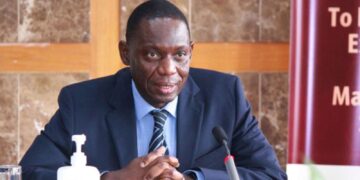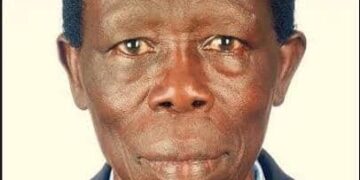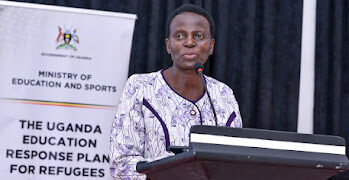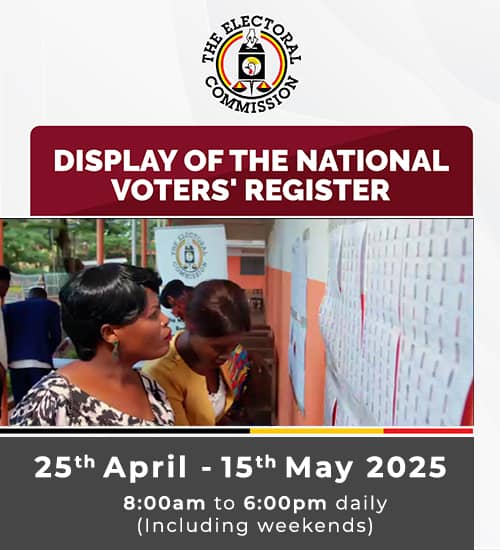The dispute between Ethiopia and Egypt over the commencement of the filling of the Grand Ethiopian Renaissance Dam (GERD) has now moved to the African Union for resolution.
Egypt earlier took the matter to the UN Security Council, but Ethiopia with the support of South Africa — the current African Union chair — lobbied for the issue to be first handled by the continental body.
Egypt says it faces an existential threat from a hydroelectric dam on the Blue Nile that Ethiopia plans to start filling in the coming weeks.
However, experts doubt an agreement can be reached after Ethiopia strongly opposed arbitration by the United Nations Security Council during a video conference on June 29.
Half a century in the making, the hydro-electric dam is Africa’s largest, with a reservoir able to hold 74bn cubic metres of water, more than the volume of the entire Blue Nile. Once filled it should produce 6,000 megawatts of electricity, double Ethiopia’s current power supply.
Millions of people could be connected to the grid for the first time. More than an engineering project, it is a source of Ethiopia’s national pride.
Taye Atske-Selassie, Ethiopia’s Permanent Representative to the UN, said that the issue being taken to the UN was bound to set a bad precedent.
“The involvement of the Security Council on this issue risks hardening positions and making compromise even more difficult. Instead of pronouncing itself on this matter, the Council should defer to the African Union and encourage the three countries to return to the tripartite negotiations as the only means to finding an amicable solution to the remaining outstanding issues,” said Mr Atske-Selassie.
The UN Under-Secretary-General for Political and Peace Building Affairs, Rosemary DiCarlo, told the Council that the UN was ready to assist through technical and expert support, including any help required by the AU-led process.































